| oeuvre emblematique | afficher |
|---|---|
| Pays d'Exhibition | Espagne |
| propriété intellectuelle | Museo Nacional Thyssen-Bornemisza |
| Siècle | XVI |
| type de discrimination | Antisémitisme – Assassins de Christ |
| Auteur | Albert Dürer |
| Pays de création | Allemagne, Italie |
Jésus parmi les docteurs
Jésus visite le temple à 12 ans et est entouré par des rabbins. Un d’entre eux en particulier est diabolique et méchant.
Reviews
You must be logged in to post a review.
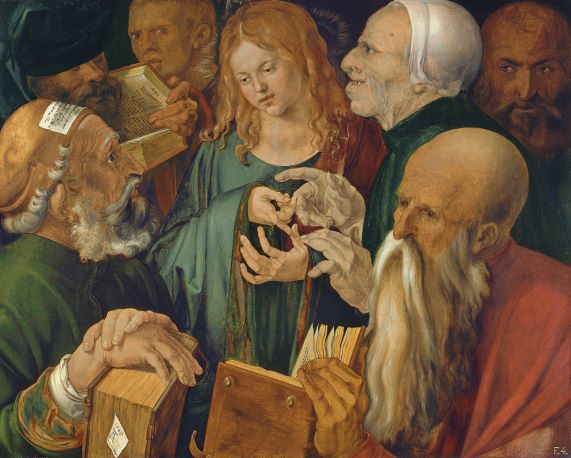
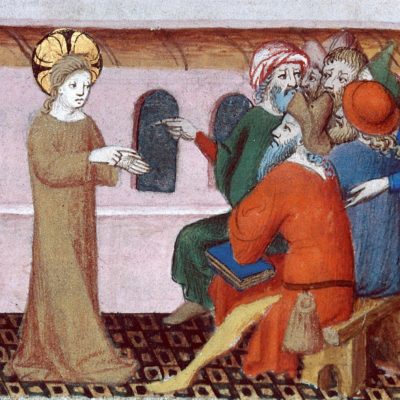
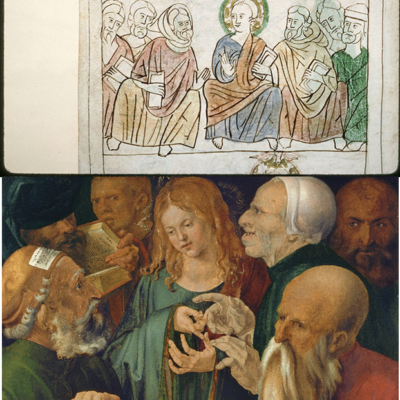
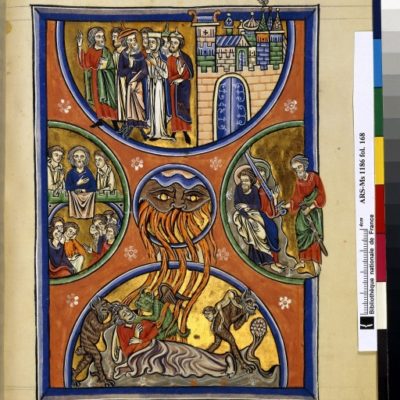
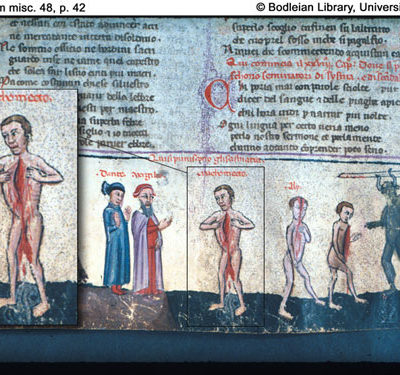
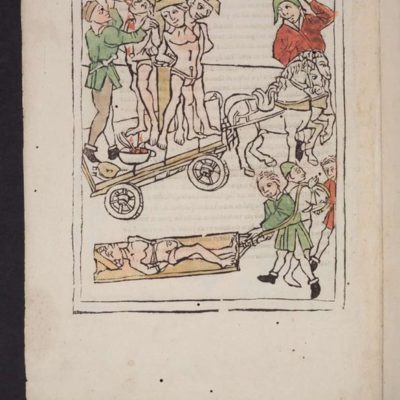
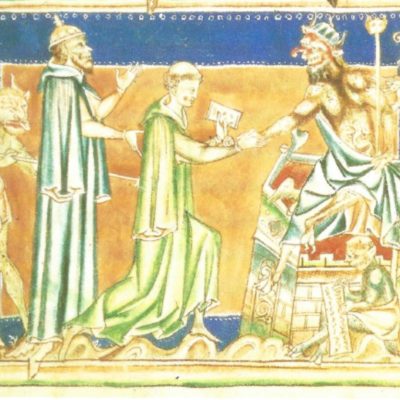
admin6421 –
“In the first flush of excitement over my newfound openness to Dürer, I read the chapter “Anti-Semitism and the Passion” in David Hotchkiss Price’s 2003 book, Albrecht Dürer’s Renaissance: Humanism, Reformation, and the Art of Faith. And here my troubles returned. For, devastatingly, in a persuasive piece of original research, Price demonstrates beyond a doubt that some of Dürer’s most important work contributed to the “venomous discourse of penance” and thereby encouraged the persecution of Jews.
Why hadn’t this been noticed before? The answer lay in Price’s acute art-historical sensitivity to millinery. In Dürer’s woodcuts that make up The Small Passion (1508–10), for example, “it is easy for modern viewers to miss the derogatory significance of images of Jewish hats.” In one scene, a Roman soldier viciously stabs Christ in the neck with a stick while observed by gloating, conspiratorial figures in the background. Are they Jews? It turns out that Dürer’s most sinister, grimacing, and grotesque figures all wear hats that tip off his audience to their ethnicity. Dürer’s otherwise resplendent humanism had no room for Jews. In this regard he anticipated a number of other great artists, dramatists, poets, and philosophers including Erasmus (a contemporary), Shakespeare, and T. S. Eliot.”
From https://agnionline.bu.edu/essay/albrecht-durer-w-g-sebald-and-my-father